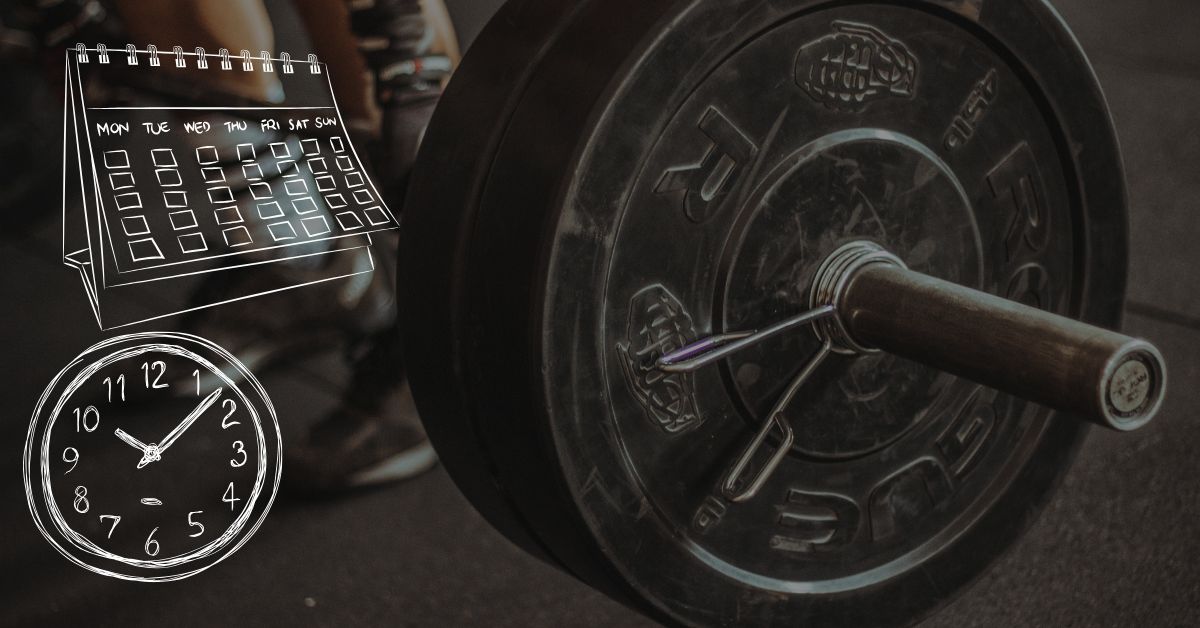Time management can be one of the biggest frustrations rugby…

How to Prep Mentally for a Rugby Competition?
“Success is the sum of small efforts, repeated day-in, and day-out.” – Robert Collier.
Written by: Malachi Nojaduka
Competition is fierce. Nowhere is that more apparent than when you’re playing a cruelling one, two, or even three-day rugby sevens tournament. A lot of athletes set time aside for physical conditioning to prepare for competition. The real question is, how much time are they spending on their mental conditioning?
Building your mental fortitude through mental conditioning can be a great way to stay miles ahead of the competition. But don’t worry, we’ve got you covered with the 6 best tips for mentally preparing for a rugby tournament;
Focusing on technique
Focusing on external factors during the game can be detrimental to your immediate goals on the field. Tuning out the outside world to pay close attention to the minor details of the game may very well be the definition of focus in Rugby. By removing yourself from the external, your focus shifts to the game itself. This then allows you to finish spectacularly by using your physical training. A lack of focus jeopardizes your chances of success as it places you out of alignment with what is actually going on during the match.
Tunnel vision is a bad way to describe it, but it is at a basic level correct. This is because you want to narrow your field of focus and then double down by allowing that focus to blend with your physical strength. So that when your opponent makes a risky pass, you are alert enough to see it, intercept the ball, and finish out by using your physical training straight to the try line.

Understand how to use stress to your advantage
We all know it, that all too familiar feeling of anxiety before a game that causes feelings of discomfort and uncertainty in one’s own ability. It can seem impossible to get rid of this stress but.
Believe it or not, stress can be good for your performance. Well, more so, a healthy amount of stress. Stress is when your adrenal glands secrete the stress hormones adrenaline or cortisol. These hormones cause shortness of breath, elevated heart rate, and at the extremes dizziness and feelings of paralysation from fear.
The key to stress is managing it, so it doesn’t go beyond a specific threshold. This threshold is different for everyone, but it’s necessary for every player to regulate. An appropriate amount of stress is good as it could serve as a catalyst that boosts your energy, allowing you to fire on all cylinders exactly when needed. So, understand how much stress you can take and learn how to channel it effectively.
Visualise your performance
Visualization can be a powerful training tool. Professional athletes use visualisation to predict, anticipate and counteract specific scenarios in their heads. Research into your competitors’ style of play works best in visualization. By using your mind to play out the scenarios using your senses, imagining what you’d taste, feel, hear and smell helps significantly to you enact those actions in an actual game setting.
Whether it’s exploiting an opening in your opponent’s defense line or a simple handoff, the fact is you’re more likely to follow through with it after having visualised that scenario.

Pick the correct pre-event environment
Choosing the right pre-event environment is very important. These “rituals” when done before a game can help. The process involves creating a balanced, calm atmosphere before the game. For some, it’s entirely the opposite, as some athletes prefer words of encouragement and being pumped up excitedly. Music is a very useful tool to do this as well.
Practice positive self-talk
Practicing positive self-talk refers to the ability of an athlete to overcome negative thoughts. Let’s be honest when you are playing rugby the field can be a minefield of things to draw negative thoughts.
As truthful as that may be, an athlete’s ability to engage in an intrapersonal conversation with themselves positively lessens the likelihood of a bad performance. This is useful information because positive self-talk reflects itself in the general happiness and excitement of an athlete which are markers of how successful the performance will be.

Practice self-awareness
As Jennifer Cummings writes, “ self-awareness is fundamental to the success of sport psychology intervention and quality associated with the development and performance excellence. In her guide, she mentions that self-awareness helps athletes build self-confidence and self-esteem and a variety of other qualities.
Being self-aware, especially in sports psychology, means knowing what stimuli trigger you or elicit a negative response. Planning is required as the athlete will understand how to get ahead of stressors by figuring out how to adequately deal with them.
Conclusion
In conclusion, you may want to incorporate some of the exercises mentioned here. Mental preparation for any sports endeavor is absolutely crucial to gaining a competitive edge.
If you’re looking for more engaging content like an in-depth mental training approach look no further than our article on Mental training join us at 7 Bamboo Rugby or have a look at this great book: Mental Training for Peak Performance: Top Athletes Reveal the Mind Exercises They Use to (Steven Ungerleider)
#mentalprep #psychology #competition #rugbyprep #preptowin #training #performance





